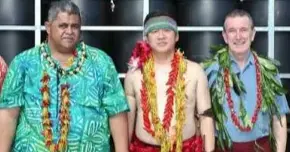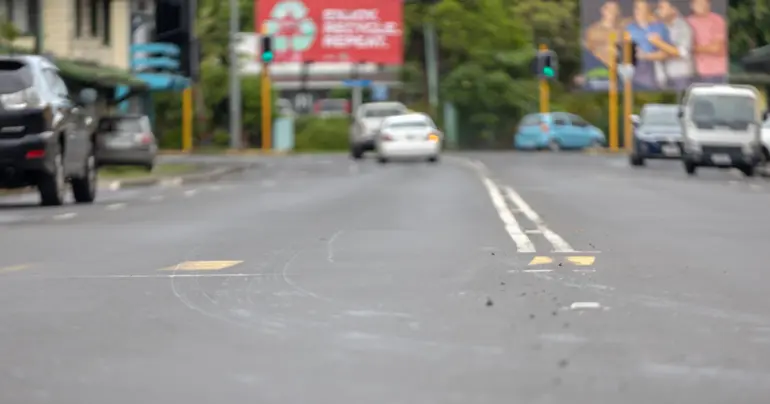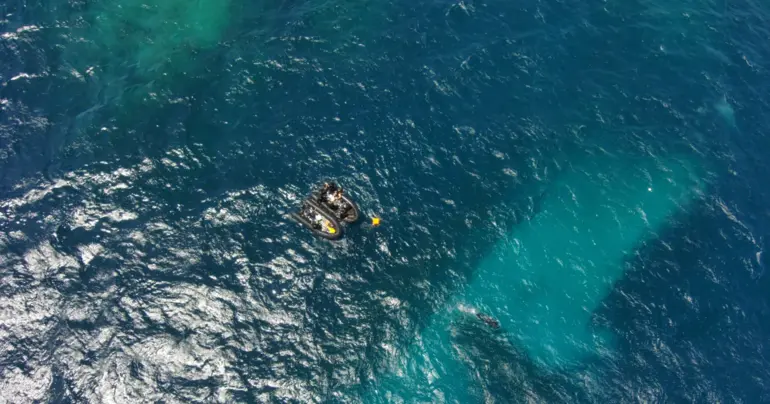Women's economic empowerment a game-changer: conference
 By Adel Fruean
•
08 May 2021, 9:20AM
By Adel Fruean
•
08 May 2021, 9:20AM
Women's economic empowerment is a powerful driving force for economic development but is frustrated by a number of factors including violence, the 14th Triennial Conference of Pacific Women has heard.
Dr. Mareva Lechat-Kitalong highlighted the importance of women's participation in national economies during a Women’s for Economic Empowerment (W.E.E.) plenary session at the conference. Dr. Lechat-Kitalong is an adviser and Legal Counsel, to the Office of the President of French Polynesia.
The conference seeks to create a platform for women to discuss challenges towards the progress of achieving gender equality across the Pacific. This year's conference, a mix of in-person and virtual events, was funded by the Governments of Australia and the Spotlight Initiative.
The plenary session was held on the first day of the conference, which includes 22 delegates from the Pacific.
The W.E.E. plenary focused on discussions on how Pacific women could overcome obstacles through sharing experiences, advice, and practical solutions from successful women across the region.
Dr. Lechat-Kitalong said that the more women participate in a formal or informal economy, the more prosperous families, communities, and countries become.
“This game-changer has significant financial rewards…,” she said.
Panelists at the event included: Dr. Manumatavai Tupou-Roosen from Tonga, Evonne Kennedy from Papua New Guinea, Heuira Itae-Tetaa of French Polynesia, Adi Maimalaga Tafunai of Samoa and Una Valenitabua of Fiji.
They were invited to share their experiences and actions they have taken in their organisations and communities to empower women.
In response to the question “Are there reliable data on women's economic empowerment or is there an absence of quantitative data and why is it difficult to obtain such data?”, Ms. Tafunai, the Executive Director, Women in Business Development Inc., Samoa said that statistics are available on women's economic empowerment, but data on the informal sector of the economy was lacking.
She also highlighted the importance of nonquantifiable factors in achieving equality.
“The Pacific is made up of about 22 island countries which means 22 cultures and every one of our cultures does things in different ways, and it'll be important for us if we're going to look at gathering the data that we pay attention to this work focusing on our women, our youth, our people with disabilities and the way the culture focuses on them," Ms. Tafunai said.
The Director-General of the Pacific Islands Forum Fisheries Agency (F.F.A.), Dr. Tupou-Roosen, said:
“We know that women play a critical component of the workforce as highlighted, three quarters in the processing facilities, so it doesn't just make ethical sense for women to have an equal opportunity as men, but also it makes good economic sense to fully leverage the role that women can bring.”
She also underlined that we must increase our efforts among the lessons that we've learned, that is, challenging the status quo means creating systems structures and processes that are wholly inclusive.
“And this involves greater research and broader data collection and analysis.”
Ms. Kennedy, who is the Executive Director, Business Coalition of Women Papua New Guinea, said that at the business Coalition for Women, violence was a key area holding back women's participation.
“So, family and sexual violence, gender-based violence, sexual harassment, but also workplace health and safety,” she said in a statement issued by Pacific Community.
She also added that these have a significant social cost to business and the economy and women carry large part of the burden.
“So our key focus has been to identify solutions for the business community, developing a suite of policies that companies can adopt or adapt to suit their needs.
"The key is also getting the buy-in and leaders need to be understanding of how this is impacting their organisations, and the business community at large."
Ms. Itae-Tetaa, Founder of Speak Tahiti, French Polynesia spoke about her understanding of women’s economic empowerment sharing on innovations and technology that she has adopted with her business.
“To be an island woman in the middle of the Pacific is an asset. And I do believe in the potential of island communities and I am deeply convinced as I've proved it that our language, our culture is our wealth and that it can actually be the key to opportunities," she said.
At the end of the plenary session conference, delegates made recommendations on specific actions on women’s economic empowerment. They will be included in the Triennial Outcomes, to be endorsed this week by the Ministers for Women during their 7th Meeting.
Among the key actions were a combination of recommendations drawn from National Consultations that took place the past month in several Pacific Countries and Territories and the plenary session itself.
 By Adel Fruean
•
08 May 2021, 9:20AM
By Adel Fruean
•
08 May 2021, 9:20AM











